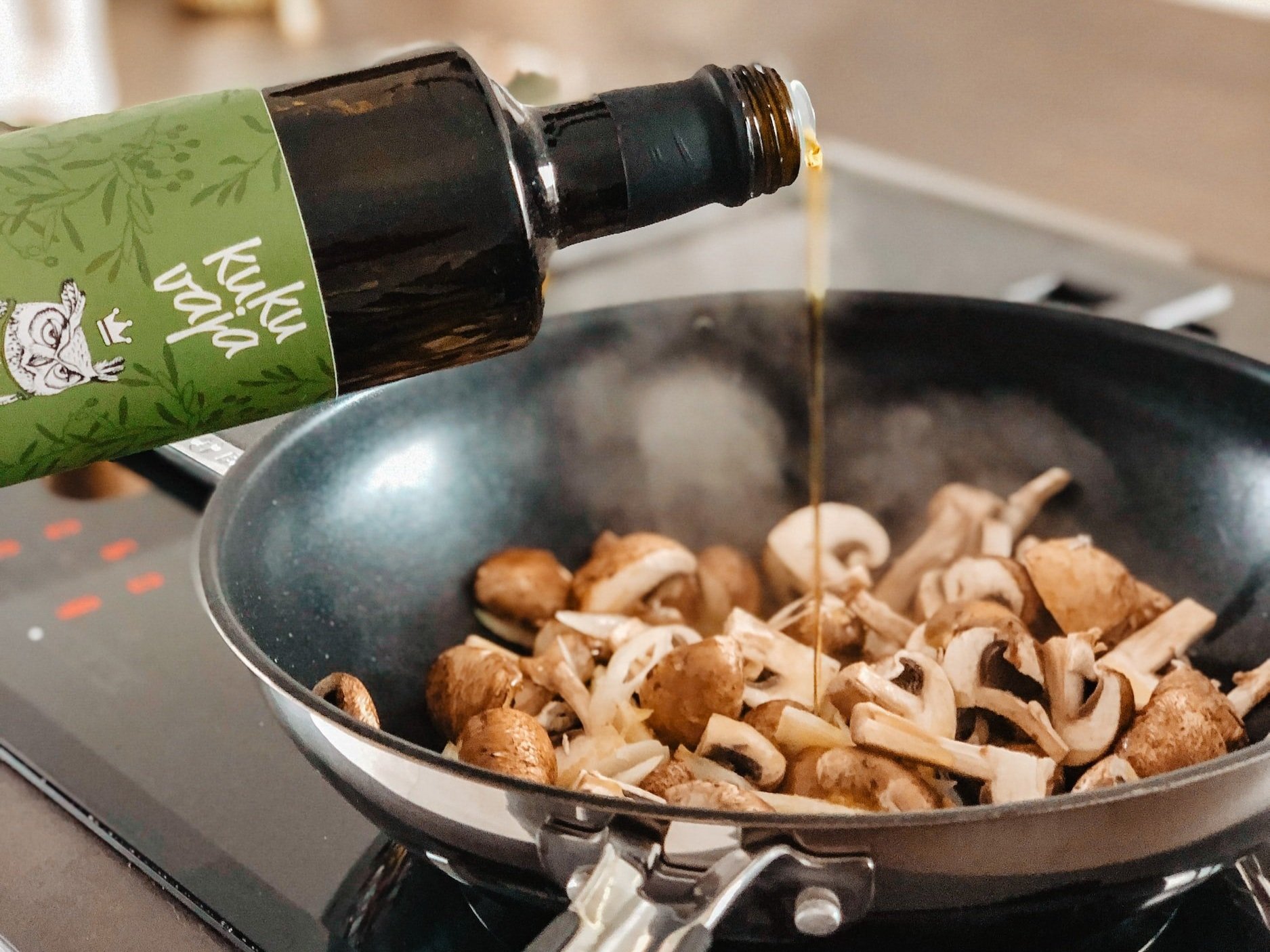Five tips for reducing your overall fat intake
When it comes to nutrition, fats often get a bad rap. Most people automatically assume that all fats are “bad” and that they should cut fat out of their diet completely; however, the truth is, we need fats in our diet.
Fats, also known as lipids, play a key role when it comes to the health of our bodies:
They are a high source of energy (fats provide 9kcal of energy per gram, whereas proteins and carbohydrate provide 4kcal per gram).
They can be stored as a reserve energy source.
Subcutaneous fats, stored under the skin, provide insulation.
Fats transport key vitamins (such as vitamins A, D, E & K) around the body.
They play a key role in the construction of our body’s cells.
They keep our skin plump and hydrated, preventing water loss via evaporation.
Fats come in different forms, so whilst some should be avoided (i.e., trans fats) because they are artificially created and bad for our health, there are other fats that are considered “essential” because our bodies are unable to produce them and we can only obtain them via food (i.e., omega 3 & omega 6).
The reality is, consuming too many calories, i.e., taking in more calories than you need or are using, is what leads to an increase in body fat, not just consuming fat in and of itself. So even if you were to consume excess calories from protein or carbohydrate sources, you would still put on weight… it’s all about balance.
Now, because fats contain more calories per gram, it is quite easy to consume more fat than we need. The UK recommended guidelines for fat intake are that fats should occupy around one-third (or about 33%) of our overall calorie intake. And that saturated fats (those fats that are solid at room temperature, e.g., those found mainly in meat, dairy, coconut oil and palm oil) shouldn’t exceed 11% of our overall calorie intake. So here are five tips to help you reduce your fat intake in your everyday cooking and eating habits:
Grill or bake instead of frying or roasting.
Use an oil spray as this helps to deliver the oil as a mist which helps a small amount of oil to spread further and more evenly (meaning you use less and, hence, use fewer calories).
Drain off any excess fat from meat before adding any sauce.
Use avocados as an alternative to butter on bread or in sandwiches. Avocados are high in healthier, monounsaturated fat, and also provide fibre, vitamins, and minerals with very little sugar.
Use food labels to identify foods that have less than one-third of their calories from fats (per portion).
So there you have it, 5 simple ways to reduce your fat intake.
If you enjoyed this post, please leave a comment below, or share it with a friend you think will benefit.
About The Author: Torema Thompson is a 100m sprinter, qualified personal trainer, and UKA speed athletics coach. She is passionate about helping athletes and fitness enthusiasts go from newbies to masters in their athletics and/or fitness.
Connect with Torema on YouTube and Instagram, or subscribe to her email list.



